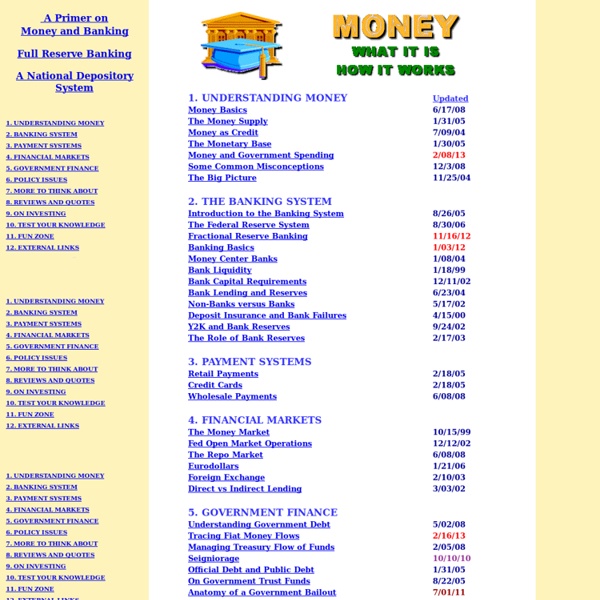



How to start a dividend portfolio with $5,000 & Intelligent Speculator Anytime we talk about stock picks or building a portfolio, one of the most asked questions on this blog is how to start building the portfolio itself. It’s easier said than done of course and lends easily to procrastination. Of course, this is what makes the biggest difference in the end. We used the example of starting with $5000 but this can be applied to any amount really. #1- Open a brokerage account The first step is perhaps the more “complicated” one as you must of course open a brokerage account. #2- Buy 2 reliable growth dividend stocks Because commission end up being paid, you do not want to buy too many different stocks all at once. -In different sectors -That have consistently increased their dividend payout for years -Companies that can maintain the increases and current payouts -Mature companies -Etc Every month at least, we give out some dividend picks in our free newsletter so you could get some ideas there. This is really one of the main keys. No explaining required.
Investor Nomenclature and the Venture Spiral The press loves the term Super Angels. They use it at almost every opportunity they get and sometimes even when they don’t have the right opportunity for it. In my view the terminology being used for early stage investors by the press and the media is not as clear as it should be. I’ve talked about this on several occasions when I’ve been at conference and on panels, but I figured it would make sense to do a post explaining my taxonomy of the early-stage investing world. Friends and Family: Or sometimes referred to as the 3Fs for Friends, Family and Fools. Incubators and Accelerators: Incubators and accelerators have to a large extent replaced the funding from friends and family. The incubators invest usually for an equity stake and buy equity at a extremely low valuation (for example, 7% for $15,000, which implies a pre-money valuation of less than $200,000). Angels: Angels are individual investors, who are investing their own capital and doing so on a part-time basis.
Financial Investing Tutorials Ponzimonium After Bernard Madoff's $65 billion Ponzi scheme was revealed, many new (smaller-scale) Ponzi schemers became exposed. Ponzimonium ... Quarterly Earnings Report A quarterly filing made by public companies to report their performance. Included in earnings reports are items such as net ...
How the Stock Market and Economy Really Work - Kel Kelly "A growing economy consists of prices falling, not rising." The stock market does not work the way most people think. A commonly held belief — on Main Street as well as on Wall Street — is that a stock-market boom is the reflection of a progressing economy: as the economy improves, companies make more money, and their stock value rises in accordance with the increase in their intrinsic value. A major assumption underlying this belief is that consumer confidence and consequent consumer spending are drivers of economic growth. A stock-market bust, on the other hand, is held to result from a drop in consumer and business confidence and spending — due to inflation, rising oil prices, high interest rates, etc., or for no reason at all — that leads to declining business profits and rising unemployment. The Fundamental Source of All Rising Prices For perspective, let's put stock prices aside for a moment and make sure first to understand how aggregate consumer prices rise. Forced Investing
Stock-Picking Strategies: Introduction When it comes to personal finance and the accumulation of wealth, few subjects are more talked about than stocks. It's easy to understand why: playing the stock market is thrilling. But on this financial roller-coaster ride, we all want to experience the ups without the downs. In this tutorial, we examine some of the most popular strategies for finding good stocks (or at least avoiding bad ones). Before exploring the vast world of stock-picking methodologies, we should address a few misconceptions. This doesn't mean you can't expand your wealth through the stock market. 2. 3. The bottom line is that there is no one way to pick stocks. At this point, you may be asking yourself why stock-picking is so important. Without further ado, let's start by delving into one of the most basic and crucial aspects of stock-picking: fundamental analysis, whose theory underlies all of the strategies we explore in this tutorial (with the exception of the last section on technical analysis).
The smart investment account that's easy to use. No minimum balance. No... Moneychimp: Stocks - StumbleUpon The 10 Best Games for Learning About the Stock Market Much like skydiving, playing the stock market is not an activity you want to learn through your mistakes. Fortunes are made and lost all the time by people who think (or thought) they had a handle on stock trading. If you have a few million you can afford to lose, or you're investing with someone else's money (you're a bank, in other words), by all means, jump right in. But for the other 99%, we recommend simulating the experience of stock market investing first, to learn what to do and not do with your hard-earned cash. Here are the 10 best games to help you do that. WeSeed:While some of the games on this list may be more concerned with purveying entertainment than education, WeSeed's No. 1 goal is to teach people about the stock market and take the fear out of investing.